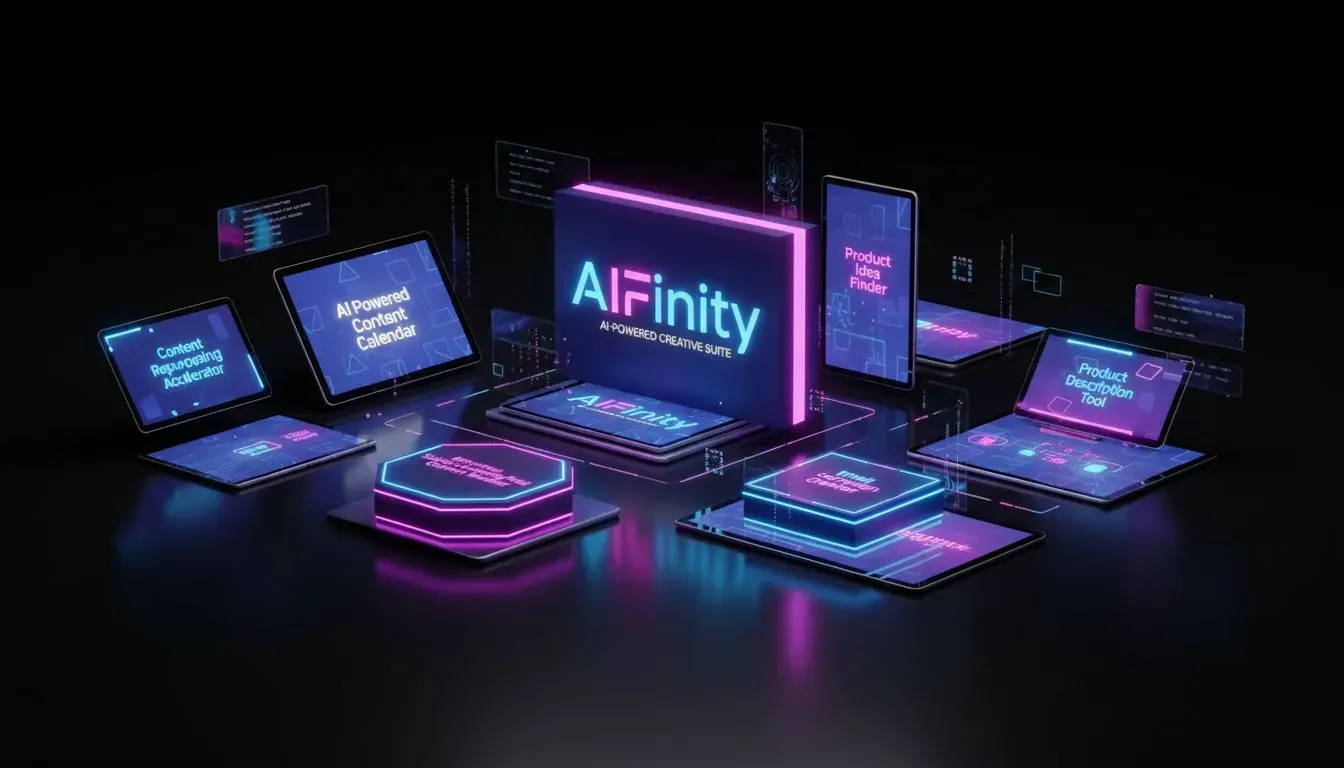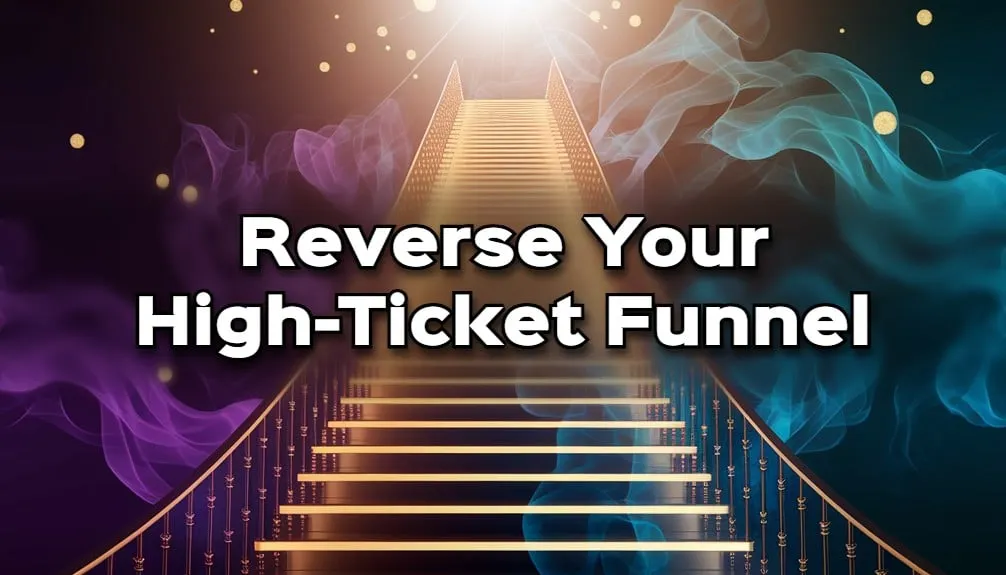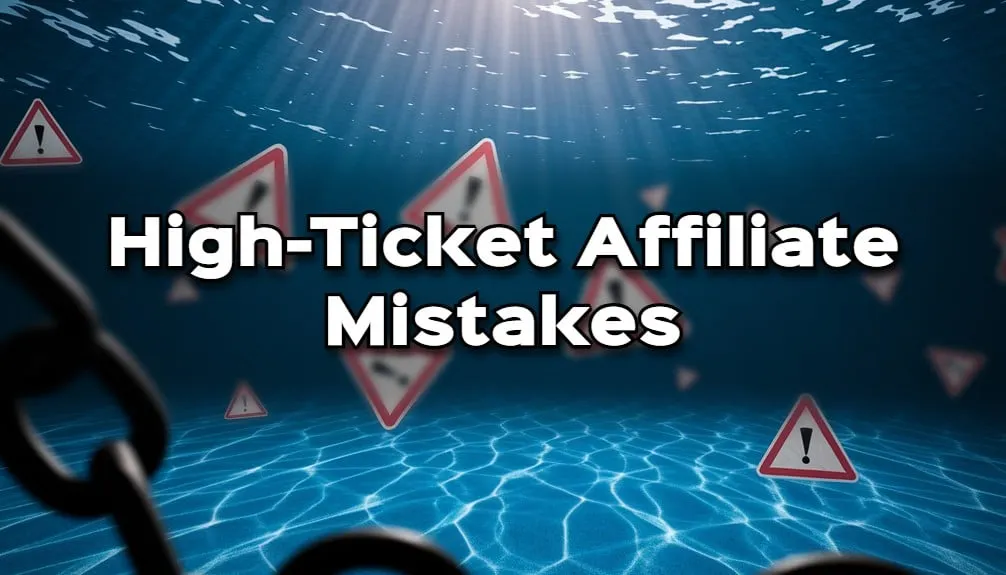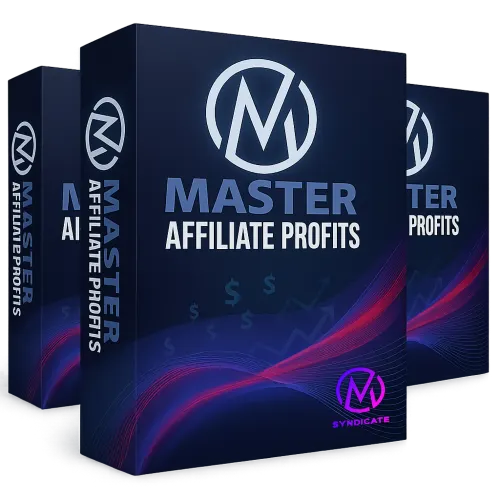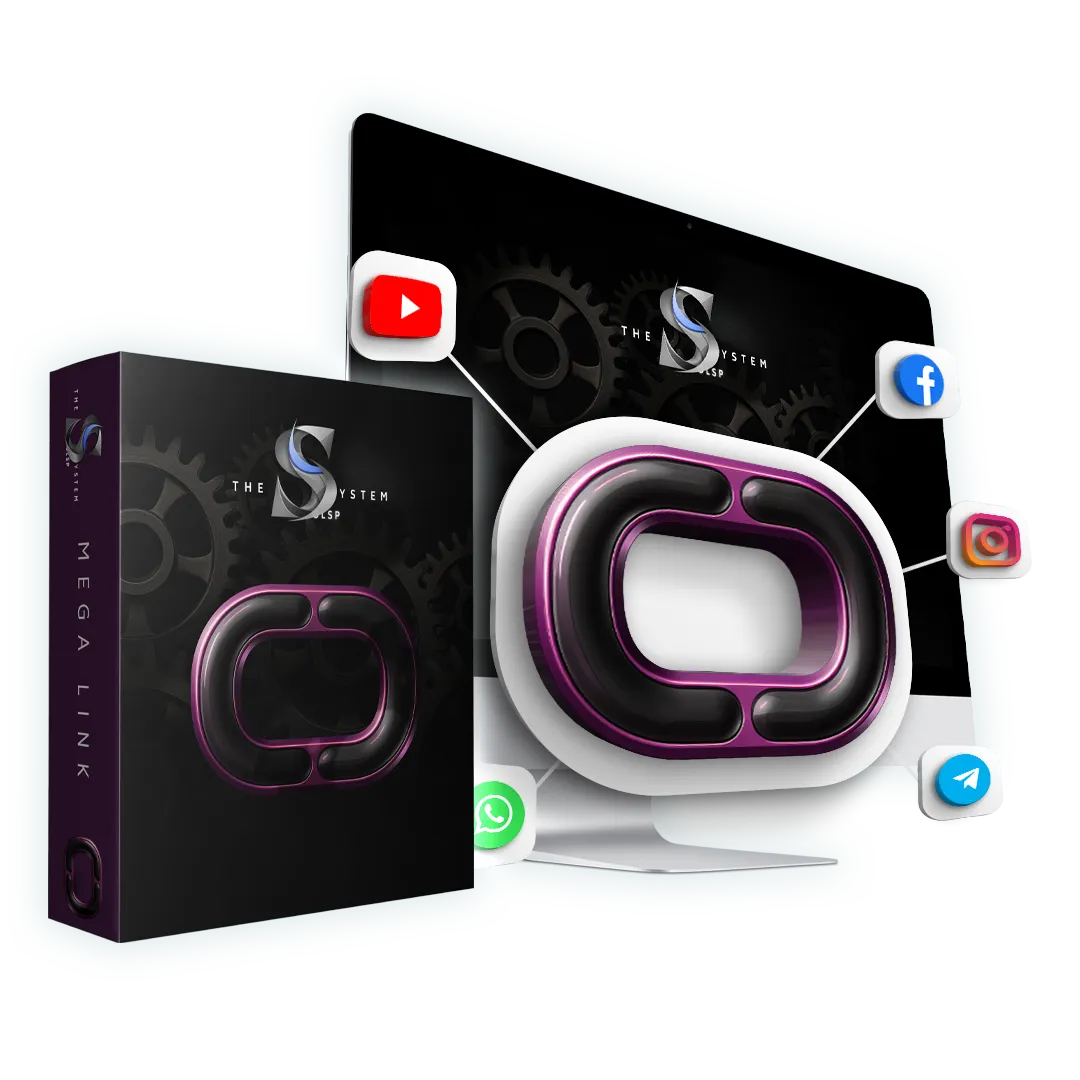Should I Start a Blog in 2024?
With so many changes in technology and marketing strategies, you might be asking yourself, "should I start a blog?" There are so many choices, especially when it comes to building your own side hustle.
In the coming years, the internet will be different. I'm sure of it.
I'm also sure that the internet will still be filled with blogs, videos, and podcasts.
Why am I so sure? We consume content through written content, visual content, and auditory content.

So for me, building a blog is a great way to build a business online. It's not the only way, but this blog is what brought you to my site. It's effective.
In this article, I'll be focusing on starting a blog to provide value. Yes, you can make money with it. However, providing value will be crucial in your blogs success.
What are the benefits of blogging compared to other platforms?
The most obvious benefit to starting a blog is the content it provides.
You can deliver valuable content to the masses.
With your blog, you can deliver your message and content in a way that is relevant and with the potential of it going viral.
You can provide information about your brand or company, and build up your authority.
Blogs are also versatile.
They are able to adapt quickly with new technologies and have room for different kinds of content. You can use it to promote your podcasts or YouTube videos.
Another benefit of blogging is the potential for profitability. Bloggers are able to target their audience better than traditional business methods, so they will be spending less money while reach potentially 1000's of people around the world.
What should I start a blog about?
The most important consideration when deciding whether or not to start a blog is what to blog about.
If you don’t know what your blog will be about, then you'll have to look into your passion or topics that you're interested in.
On the other hand, if you do know what your blog will be about and have a great idea of how to get started, then you should do some market research to see if it will be worth your time and money.
As a blogger, you'll need to commit to a topic, and then write about it. While some blog owners have others write content for them, having an interest in your topic will help motivate you to build it.
Let's go over a blog example. If you were thinking about fashion trends, you could write about the latest trends. It's a topic where your readers would be looking for inspiration and motivation to create their own unique style.
You could also choose something related to a hobby or interest like wine tasting, baking, or photography. Another option would be to find a niche market to help solve problems or provide further understand.
An example of this would be providing retirees with travel ideas. More particularly, this would focus on traveling for seniors.
Look around Google or YouTube, and you'll increase your chances of finding more topics that you'll be interested in.
As a newbie blogger, show I be concerned about keyword research?
One of the first decisions you need to make when starting a blog is whether or not you should bother with keyword research.
Keywords are the words or phrases that people type into a search engine to find what they are looking for.
In the past, keyword research was one of the most important parts of digital marketing.
However, with so many businesses already taking advantage of tools like Google Ads and Facebook, now it’s harder than ever to find high traffic keywords with low competition.
If you’re just starting out on your new blog, you can either do keyword research on your own, or hire someone on Fiverr to do keyword research for you.
While you can promote content on social media, I still recommend blogging on topics that can still rank in the top 10 in Google.
This will allow you to get long-term traffic to your website. This means, more visitors to your blog.
What should I blog about?
If you have chosen your niche, there are a few considerations you will need to take.
First, pick a domain. A simple format is FirstNameLastName.com. If that's taken, then add your middle initial, or create a brandable domain that doesn't include your name. I highly recommend .com's over .nets, .orgs, and .io for personal or solo blogs.
The second consideration is where the blog will be hosted. You should pay close attention to how much content you'll be hosting, and what type of media.
If you're using a service like Namecheap, you can buy your domain and hosting account at the same place.
If you're just planning to create a regular blog with text, images, and maybe some videos from YouTube, then a starter hosting account would be good enough to start.
Besides the technical infrastructure, the minimum requirement is your time and energy to create blog posts.
What about graphics, templates (aka themes), and plugins?
Unless your a graphic designer or require a very visual presentation, then my advice is stick to the basics.
When I worked at a web marketing company, so many customers focused on aesthetics that barely had any impact on their business.
Get started with a minimal design. Paid themes, graphics, and plugins aren't extreme requirements.
If you need a logo, you can pay somebody on Fiverr for close to the cost of a cup of coffee.
If you're just posting 1 blog post a day or less, then a basic WordPress account on Namecheap will be good to start with. Many affiliates push Bluehost or Hostgator. However, after using many hosting accounts, I can say that Namecheap has a great, affordable service. As of 6/2022, a 1 year plan starts at $17.44 (about $1.45/month). If your website becomes popular later on, you can always upgrade to a high performance account.
I must warn you, WordPress can be a bit techie for more. It's great if you want a lot of great features and the ability to allow comments.
There are other provides that simple to use.
For example, if you want to be able to create a lot of content on your smartphone, I recommend a mobile-optimized content management system (CMS). The one that I recommend is called Phonesites. It will allow you to post content and generate leads. It's more of a website host than a blogging platform.
If you're looking for blogging, and the ability to sell products, then I recommend a system called GrooveBlog. It's what I'm using here at infoSpike.
The benefits of Phonesites and Grooveblog is that they're very secure and you don't need to worry about managing tech, or cybersecurity. I've literally had 100's of WordPress sites hacked. It's one of the most open, and popular platforms.
How much money do I need to start a blog?
For a domain, it typically costs less than $15 each year.
For basic hosting, you can get started for less than $2 a month.
There are addition expenses depending on what you want to do with your site.
For example, if you want writers, then you can expect to spend $20-100 per an article.
If you want to pay for advertising, I would recommend having a 4-figure a month+ budget.
If you want a keyword research report, it's possible to get one done for you on Fiverr for less than $20 (one-time). You can use free SEO software trials if you don't want to pay anything.
A logo designer on the same platform can create graphics for you for less than $10.
You can find royalty-free images and videos on Pixabay with $0 cost.
Besides the hosting plan, all of the items above are optional.
These are all business costs.
With all of that being said, you can start a blogging business for less than $45 a year.
When does a blog start making money?
One of the benefits to starting a blog is that it can help your business generate revenue.
If your focus is creating content and not paying for ads, don't expect to make money over night.
After publishing a post, it takes time for Google to index your content, and rank.
For me, blogging and YouTube content creation is the long game. If you're posting every day, then it's possible to make money in 3-6 months.
I like to mix in social media for short-term traffic. For example, posting one 30 second TikTok video once a day. Your videos and profile can promote your blog. The more traffic you get, the more potential you will have to make money.
Can I start a blog without hosting?
If you're just planning on creating content once in a while, and you're not using it to create a business, you can create a free blog on Blogspot.
However, if you are planning to create a business and/or post frequently, then I highly recommend paying for hosting.
Your domain name will help you create your brand and trust with your readers.
If you think about all of the content that you'll be posting for the months or years to come, you have control over it if it is hosted on your website.
Without your own hosted account, it's possible for a free hosting provider or social media platform to terminate your account.
This has happened quite often and I have also experienced this multiple times in the past.
With that being said, use your hosted blog as your main hub. You can use social media to promote your blog.
Should college students start a blog?
One of the most common benefits to starting a blog in college is that it can be an effective tool for marketing and building a side hustle.
Some people will start with social media first. TikTok, YouTube, and IG have been popular choices for a lot of side hustlers in recent years.
There are risks in just relying on social media to build your business.
If you're a full-time student without a job, then you'll have more than enough time to work on your blog.
Even if you have a part-time job, you can create content throughout the week and start building your business.
Who knows, your blog might make more money than a full-time job if your put some serious effort into it.
Should I start a blog on Medium?
Medium is a well-known content platform that can help you build an audience and grow your reach online.
Medium is perfect for those who want to write about different topics, share their thoughts, and create content.
Since Medium is a website with high authority, your content has a higher chance of ranking organically in Google. This makes it easy for you to start building your own digital brand without breaking the bank.
Of course, this comes with some disadvantages as well as benefits. One disadvantage is that there isn’t much room for customization like on some other content manage systems like WordPress or Drupal CMS; however, this can be seen as a benefit because it means there aren’t any distracting ads or animations trying to get your attention from anything else going on online at that moment.
Just like social media, you don't have full control over your business if you just focus on creating content on Medium. Use it as a authority building tool.
You can use Medium and many 3rd-party platforms to fuel your blogging business.

